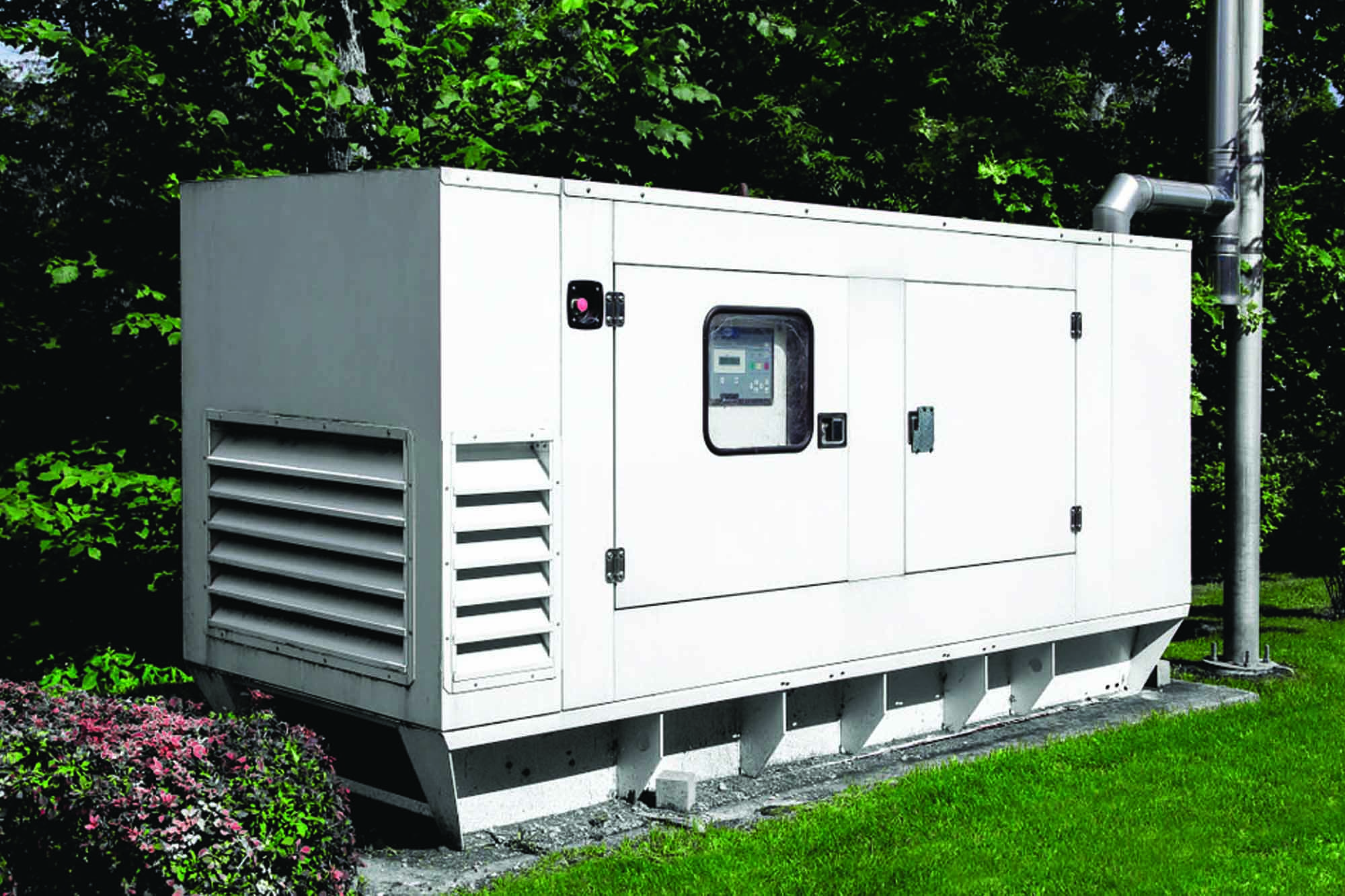India’s thriving economy drives gensets market
By EPR Magazine Editorial June 6, 2024 5:07 pm IST
By EPR Magazine Editorial June 6, 2024 5:07 pm IST

One of the most critical drivers in the market is the increasing demand by Indians for an uninterrupted and reliable power supply. Also, the flourishing economy has increased purchasing power, which can be spent on generator sets.
India’s rapid industrialisation and increasing investments in modern infrastructure will spur the generator sets market, which is expected to grow at a CAGR of more than 5 percent by 2025. The proliferation of commercial and residential properties in the region will provide significant opportunities for generator set manufacturers. The Asia Pacific generator sets market is expected to witness a 7.5 percent gain through 2032.
One of the most critical drivers in the market is the increasing demand for uninterrupted and reliable power supply by the country’s citizens. Also, the country’s flourishing economy has increased its citizens’ purchasing power, which can be spent on generator sets for a reliable power supply source. In the face of frequent power outages, there is increasing demand for uninterrupted and reliable power supply, which is expected to drive the market. Therefore, the commercial segment is expected to continue to dominate the market due to the increasing liberalisation of the sector and rising demand for electricity.
Due to their high growth, High demand is likely from the construction and healthcare industries. It features immediate electricity and high voltage requirement for electrical equipment, which prefers methods akin to generator sets. Hence, the growing demand for uninterrupted and reliable power supply with increased primary energy consumption in India is expected to drive the India generator sets market with significant demand from industrial, commercial, and residential sectors. The growing use of diesel & gas generators across end-use applications, such as agriculture, drives genset market sales.

The Indian diesel generation market is segmented into residential, commercial, and industrial categories, with the commercial sector expected to dominate due to the rapid expansion of the service industry. Sectors such as healthcare, hospitality, IT, and telecommunications are driving this growth, with the IT and business services industry forecasted to exceed USD 19.93 billion by 2025. Diesel generators play a crucial role in ensuring uninterrupted power supply, especially in healthcare facilities, aligning with the government’s goal to increase public health spending to 2.5% of GDP by 2025 through initiatives like the PM Ayushmaan Bharat Health Infrastructure Mission.
Within the medium range of 75 to 375 KVA, diesel generators are widely utilised in commercial establishments, shopping malls, hotels, and data centres due to their reliability and capacity to meet larger power demands. In contrast, low-KVA generators below 75 KVA are popular for residential, small business, and rural electrification purposes, offering affordability and ease of operation.Regionally, southern India leads in revenue share due to high energy consumption, inconsistent power supply, and the need for backup power solutions. In contrast, Northern and Central India also exhibit significant demand driven by expanding industries, commercial buildings, and rural electrification efforts. Diesel generators remain crucial in addressing India’s energy demands amidst an unstable power infrastructure.
Other essential market segments include power backup for homes and businesses. Gensets are used to provide backup power in case of power outages. This is essential for businesses that cannot afford to lose power, such as hospitals and manufacturing facilities. In some areas, particularly remote locations, gensets are the primary power source. Gensets are essential for powering telecom towers and other infrastructure. This ensures that mobile phone networks and other communication services remain operational during power failures.
The major players in the India gensets market include Mahindra Powerol, Greaves Cotton, Cummins India, Kirloskar Oil Engines, Atlas Copco (India), FG Wilson, and Ashok Leyland.
We use cookies to personalize your experience. By continuing to visit this website you agree to our Terms & Conditions, Privacy Policy and Cookie Policy.